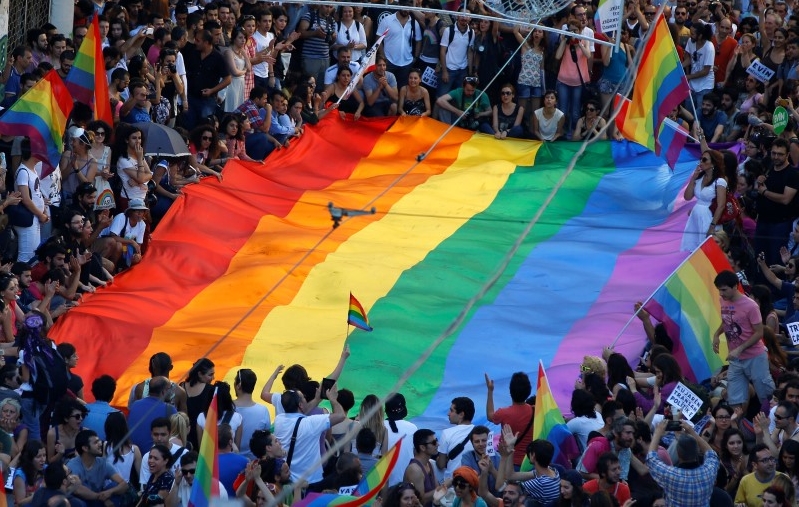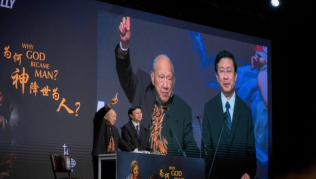
A group of clerics in Pakistan has declared marriage between transgender individuals permissible in Islam, saying they have a right to be buried in Muslim ceremonies, according to a copy of a religious edict Reuters obtained on Monday.
Transgender people also have full rights under Islamic inheritance law, the Tanzeem Ittehad-i-Ummat Pakistan, a little-known clerical body in the eastern city of Lahore, said in its fatwa.
"It is permissible for a transgender person with male indications on his body to marry a transgender person with female indications on her body," said the document, signed by 50 clerics and issued on Sunday.
"Also, normal men and women can also marry such transgender people as have clear indications on their body."
But it did not say what these indications were.
In 2012, Pakistan's Supreme Court declared equal rights for transgender citizens, including the right to inherit property and assets, preceded a year earlier by the right to vote.
Pakistani marriage law remains murkier, however. It denies homosexual couples permission to marry, with male homosexuals having been charged under anti-sodomy laws in the past.
Sunday's fatwa declared marriage with any individual possessing both male and female "indications" to be against Islamic principles.
Shunned by mainstream society, transgender individuals in the country of 190 million are often forced into begging, prostitution or dancing to earn a living.
Late last month, Alisha, a 23-year-old transgender woman, died after being shot and then refused treatment at the largest public sector hospital in Peshawar, in northwest Pakistan.
Her death sparked debate over the rights of transgender people, with an inquiry concluding that senior doctors at the hospital were responsible for "criminal negligence", and recommending that criminal charges be filed.
Transgender people are, however, also sometimes venerated in the South Asian tradition of according spiritual powers to eunuchs and others who fall outside traditional gender divisions.
Although the Lahore clerics' fatwa is not legally binding, it also recommended that people consider harassment of transgender people a crime under Islam.
"Making noises at transgender people, making fun of them, teasing them, or thinking of them as inferior is against sharia law, because such an act amounts to objecting to one of Allah's creations, which is not correct," it added.







